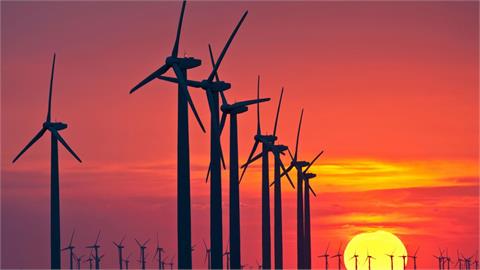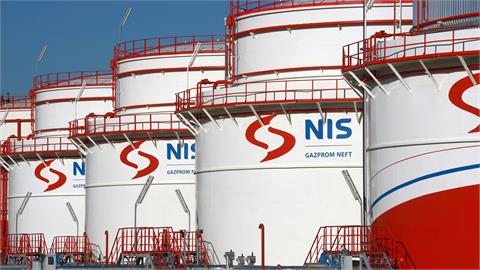Global energy consumption is estimated to grow by nearly 50% between 2018 and 2050, according to the U.S.' Energy Information Administration (EIA). "Most of this growth comes from countries that are not in the Organization for Economic Cooperation and Development (OECD), and this growth is focused in regions where strong economic growth is driving demand, particularly in Asia," the EIA said in a statement on Friday.
The industrial sector, which includes refining, mining, manufacturing, agriculture, and construction, is expected to account for the largest share of energy consumption of any end-use sector. The global industrial sector's energy consumption is forecast to rise by more than 30% between 2018 and 2050 as consumption of goods increases.
During that period, energy consumption in transportation worldwide is estimated to increase by nearly 40%. Non-OECD countries, where energy consumption in transportation is expected to increase by nearly 80% between these years, will mostly drive this increase. "Energy consumption for both personal travel and freight movement grows in these countries much more rapidly than in many OECD countries," the statement said.
In the buildings sector that includes residential and commercial structures, energy consumption is expected to jump by 65% between 2018 and 2050, as rising income, urbanization, and increased access to electricity lead to rising demand for energy.
- Renewables to rise fastest
Renewable energy, which includes solar, wind, and hydroelectric power, is expected to be the fastest-growing energy source between 2018 and 2050, surpassing petroleum and other liquids to become the most used energy source. Global renewable energy consumption is expected to increase by 3.1% every year between 2018 and 2050.
During those years, consumption of petroleum and other liquids is estimated to post a 0.6% annual growth in, while 0.4% consumption growth is expected in coal, and a 1.1% growth rate is anticipated for natural gas, according to the EIA.
(Anadolu Agency)



